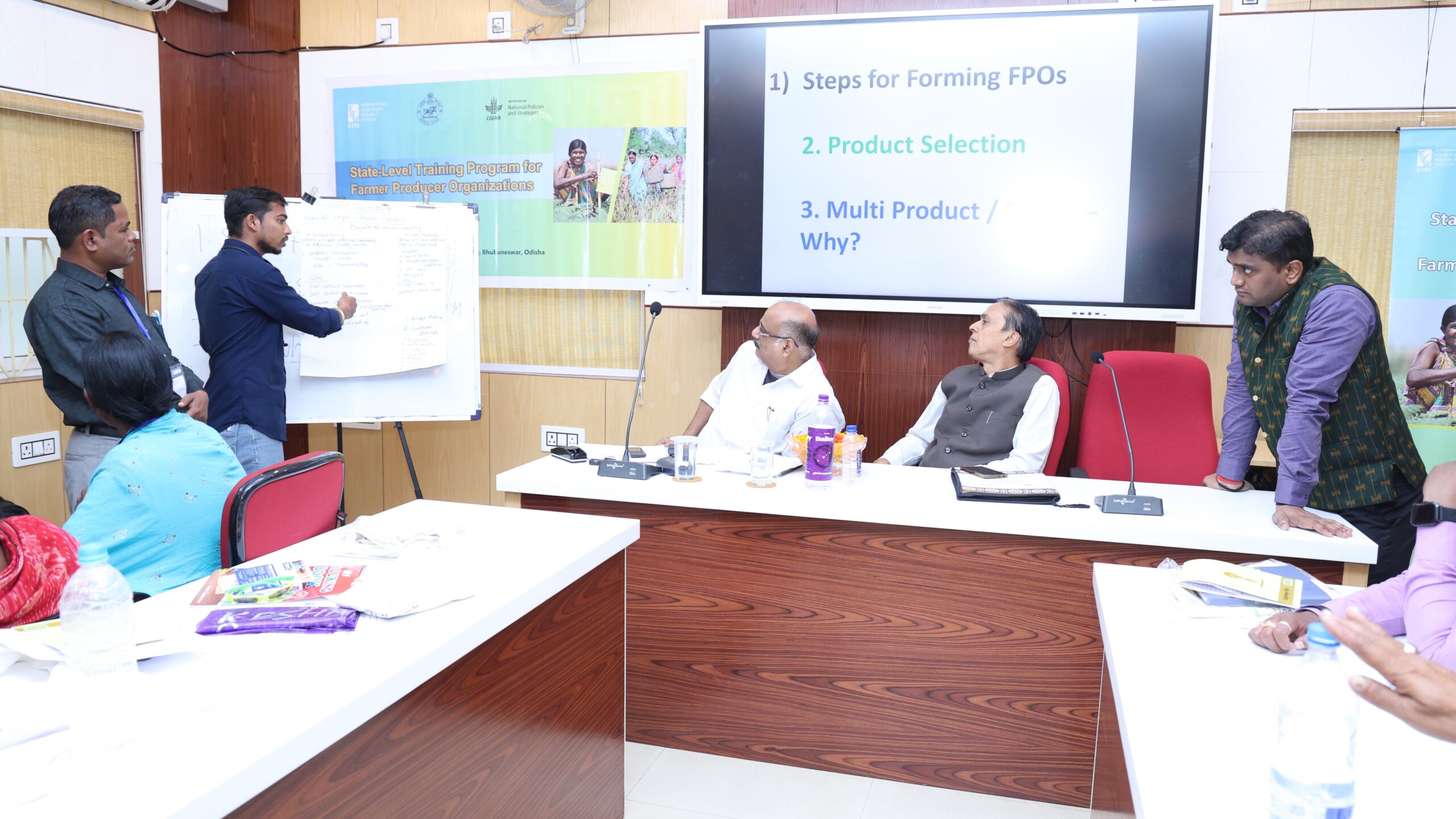Ethiopia faces many challenges, but the country is quickly shedding its label as one of the world’s poorest countries, finding itself today among the world’s 10 fastest growing economies. The question now at hand is how to sustain this historic growth, and emerge as a middle-income country by 2025. The Ethiopian government is turning to its leading—but one of its most underperforming— industries for the answer: agriculture.
Agriculture employs more than 75 percent of the population but the majority of the country’s farmers are smallholders, meaning their average farm size is about one acre. This is not enough to move farmers beyond subsistence agriculture and allow them to pursue education and take advantage of the new growth in other parts of the country. Turning agriculture into an economic engine has to start with improving the sector’s current productivity, according to IFPRI Senior Research Fellow Shahidur Rashid.
Rashid is among a number of IFPRI researchers working to help the country reach this goal. In a recent video interview, he introduces IFPRI’s latest project in Ethiopia: Research for Ethiopia’s Agriculture Policy (REAP). The project provides crucial research support for a new national agency, the Ethiopian Agricultural Transformation Agency (ATA).
“Agricultural transformation” is the first step of a process in the economic development of a country where workers can move on from low-income work. Most developed countries have experienced this: farms become more efficient, specialized, and targeted to urban markets. Workers leave subsistence farming and either increase farm income or find jobs in nonfarm rural work, factories, and other modern, high-productivity industries. Incomes increase, and this additional revenue is invested back into the economy.
The first step, however, is to increase agricultural productivity. That’s where the ATA comes in. The agency is spearheading the revitalization of Ethiopia’s agriculture sector, working with partners to identify and resolve systemic problems in the sector. IFPRI’s REAP project will provide the research to guide where and how the ATA focuses its resources.
This is a story that hits close to home for Rashid. Growing up in Bangladesh, he saw friend after friend drop out of school to work on the family farm, believing that the cost of staying in school outweighed any benefit. “If you can generate surplus for the farmers,” Rashid points out, “they’ll be able to keep their children in school, and a generation later, the country will be transformed.”
Rashid emphasizes that IFPRI and REAP are supporting a transformation process that is replicable, offering great potential for governments and development agencies beyond Ethiopia’s borders. Someday, Rashid hopes, children in other countries will not have to leave school for the farm.
Learn more about Research for Ethiopia’s Agriculture Policy at their new website.







